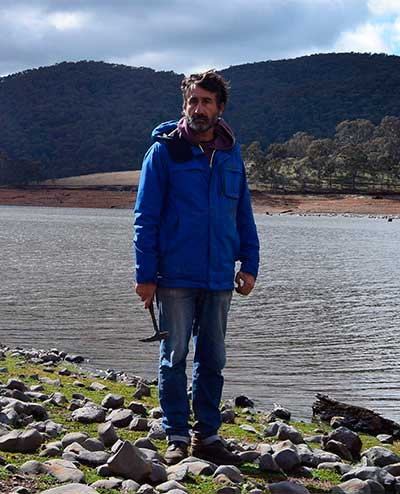
Héctor Botella Sevilla
ChairmanProfessor at the University of Valencia his main research is focused on the palaleobiology and evolution of early vertebrates; with special interest in the origin and evolution of the dentition in vertebrates and the modularity and complexity in the evolution of the vertebrate skeleton.

Carlos Martínez-Pérez
ChairmanLecture in Palaeontology at the University of Valencia, his main research if focused on the application of tomographic and analytical techniques to the study of the vertebrate skeleton, in order to answer important questions about the functional and morphological evolution of the vertebrate skeleton.
Other members
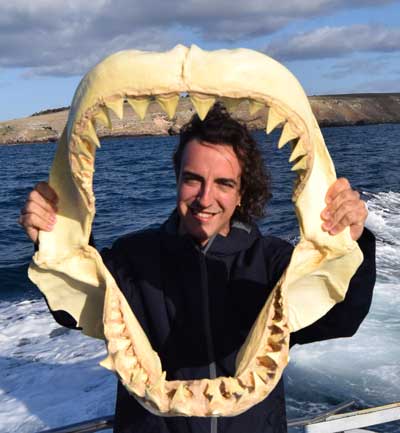
Dr. Humberto Ferrón
Postdocotral student at the University of Bristol his research focuses on the study of swimming strategies and hydrodynamics of extinct agnathan fishes, and the application of geometric morphometrics.
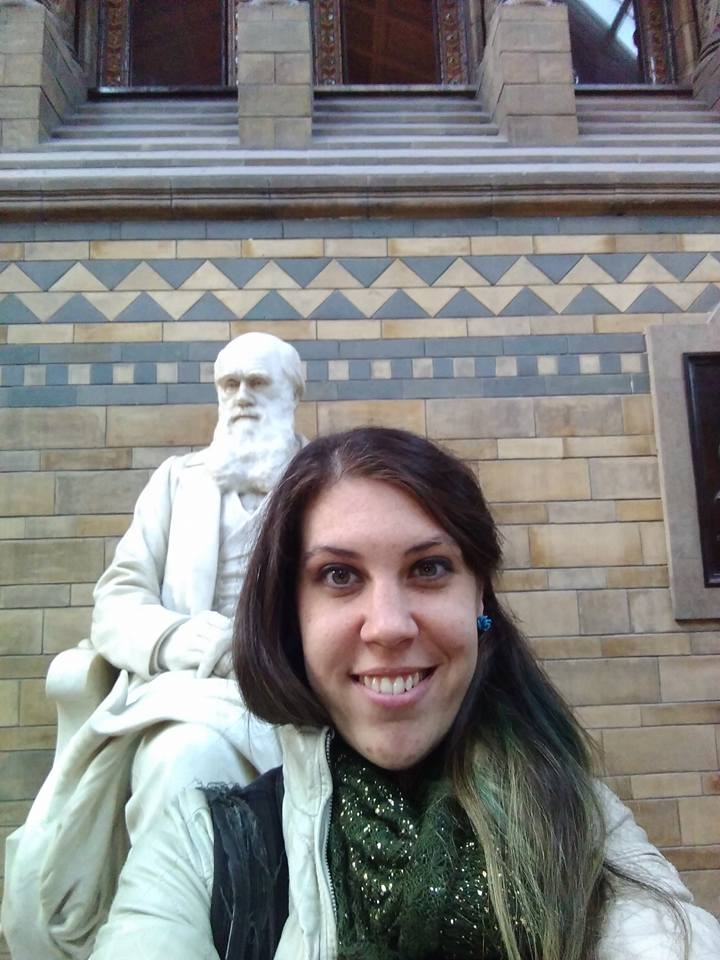
Dr. Esther Manzanares
Graduated in Biology and Ph.D. in Palaeontology, her research is mainly focused in the Triassic chondrichthyan fauna of the Iberian Peninsula and th evolution of enameloid in the teeth of chondrichthyans.
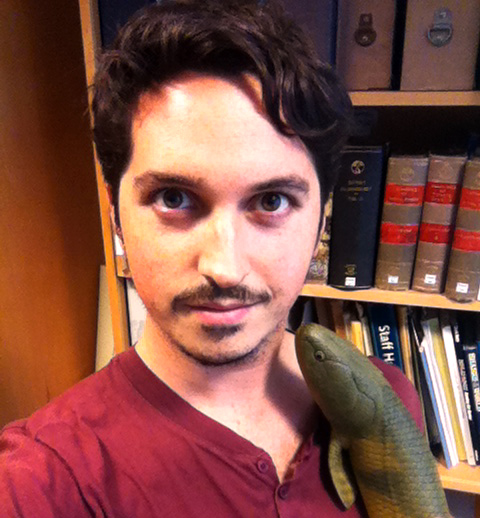
Dr. Jorge Mondéjar Fernández
Research associate at the Senckenberg Museum in Frankfurt am Main (Germany), he is a vertebrate palaeontologist specializing in the anatomy, histology, and development of sarcopterygians and the “fish-tetrapod transition”.

Dr. Sonia Ros
Currently working in the University of Valencia, her research focuses on the study of diversity fluctuations in faunas at the global level, mainly on extinctions and their recoveries. Her reserach is mainly interested in Permian/Triassic and Triassic/Jurassic extinctions.
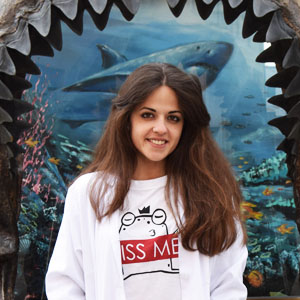
María Victoria Paredes
Ph.D. student researching about the composition, proteins, and crystalline properties of enameloid on chondrichthyans in order to understand the origin and evolution of hard tissues to provide a model for synthesising biomimetic materials.
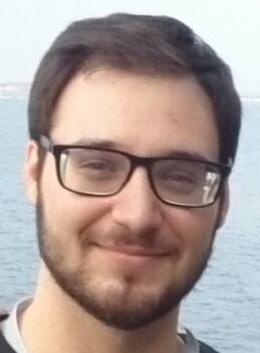
Jose Luis Herráiz
Ph.D. student researching about the evolutionary history of the elasmobranch faunas of the Mediterranean Basin, the variation in their composition since the Miocene to recent times, and the study ofthe palaeoecological factors that shaped the evolution of these faunas.

Dr. Olga Mayoral
Professor at the Department of Didactics of Experimental and Social Sciences and researcher and deputy director of the Jardí Botànic of the University of Valencia (Spain). She is coordinator of the Biology and Geology Specialty of the Master's Degree in Secondary Education Teaching at the same university.
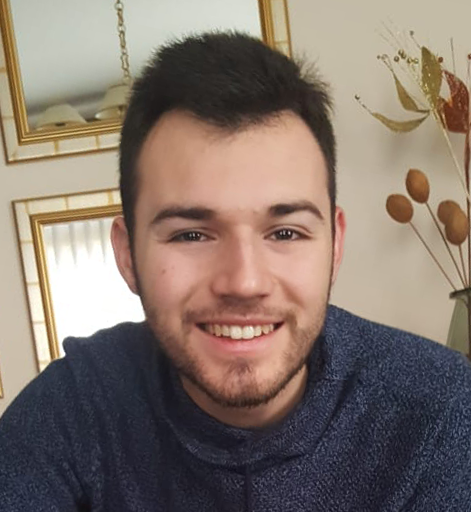
Cástor Armañanzas Alpuente
Graduated in Biology and with a Master's Degree in Applied Paleontology, focused on areas of work regarding the function and evolution of the skeleton of early vertebrates and the didactics of Paleontology
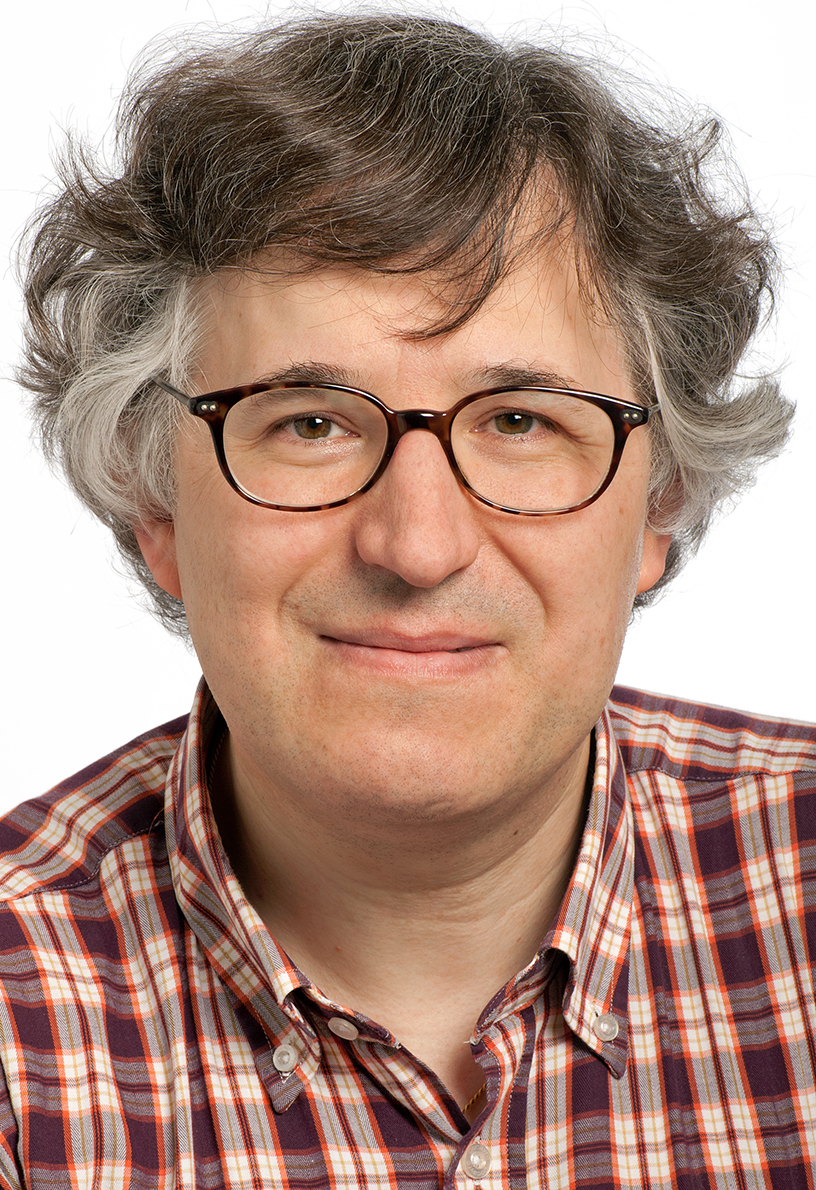
Dr. Rodrigo Soler Gijón
His research focuses on the morphology, evolution and palaeoecology of chondrichthyans, actinopterygians and primitive tetrapods from Palaeozoic and Mesozoic localities. He studies the ontogeny of acanthodians, xenacanths and euselachians with special focus on the analyses of the development and growth of the dermal skeleton (mainly fin spines and scales) with the application of histological and skeletochronological methods. His current projects also include the study of vertebrate ichnites and their sedimentological context in order to determine the palaeoenvironmental conditions of the lower vertebrates habitats.
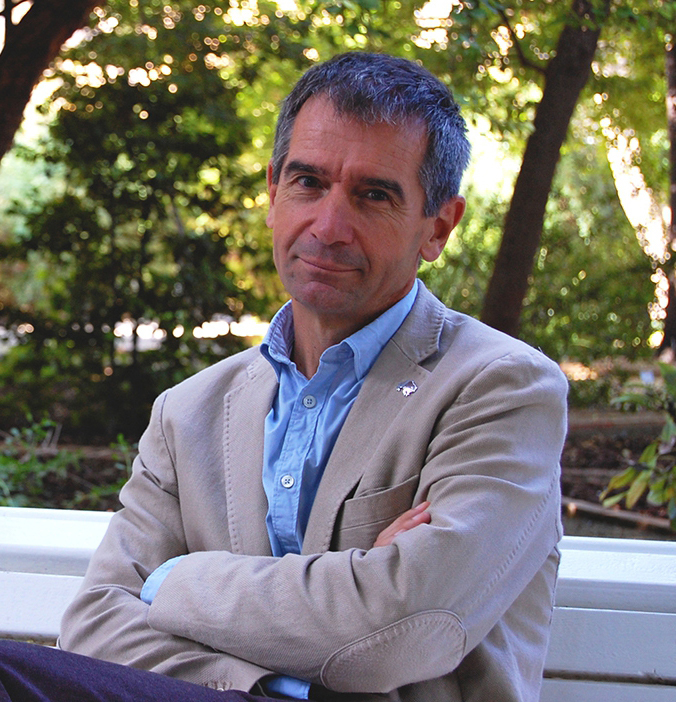
Dr. Jaime Güemes
PhD in Biology. Curator of the Botanical Garden of the University of Valencia since 1992. He has been regional coordinator and researcher of the project Atlas of Spanish Threatened Flora from 2000 to 2010; and responsible for the project of Monitoring of Spanish Plant Diversity and the Evaluation of Compliance with the objectives of the Global Strategy for Plant Conservation (2012- 2015).
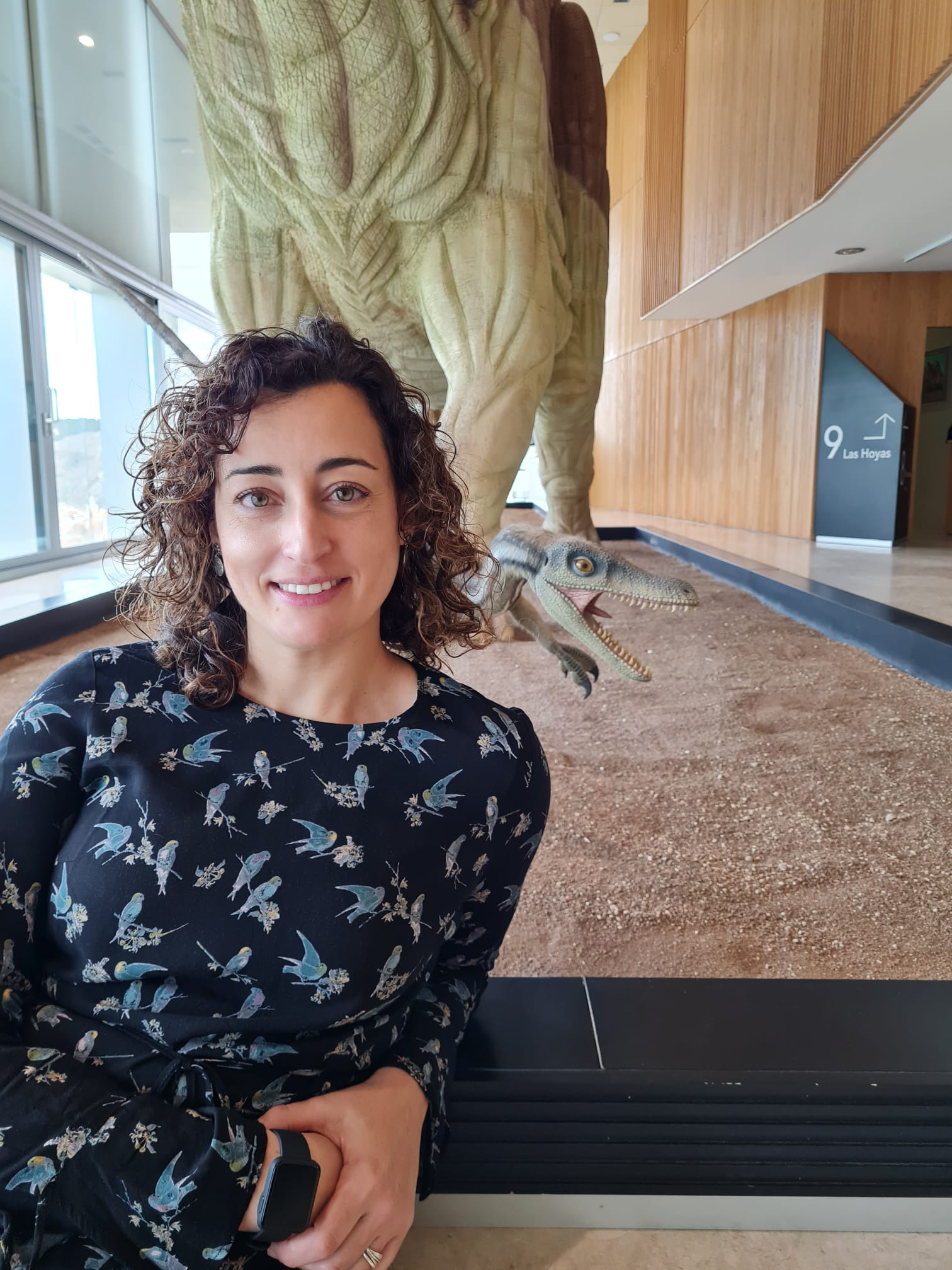
Mercedes Llandres
Paleontóloga conquense Licenciada en Biología por la UAM y diplomada en Estudios Avanzados en Paleontología (UAM, UCM y UAH). Desde 2006 ha sido directora del área de Paleontología en decenas de proyectos de obra civil, en 2008 comienza a trabajar en el MCCM como preparadora paleontológica. Posteriormente ha sido directora y monitora de los talleres de restauración paleontológica de Lo Hueco (2013-2015), conservadora de la colección Las Hoyas, además de trabajar en el campo de la educación, gestión y conservación paleontológica para diversas entidades. Implicada desde los inicios en el proyecto de creación del MUPA, actualmente es su técnico de paleontología.
